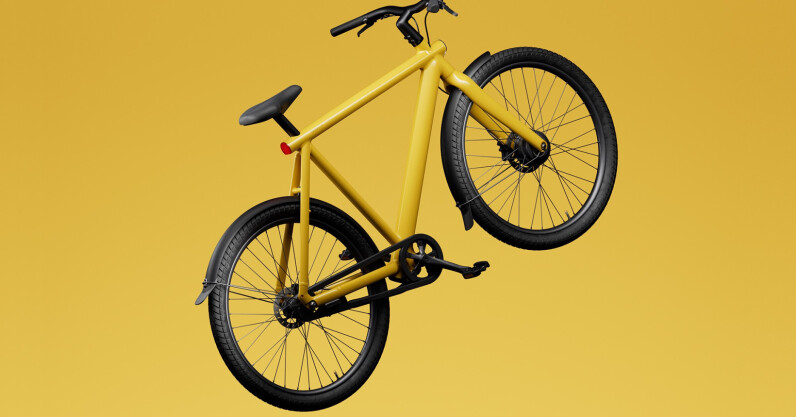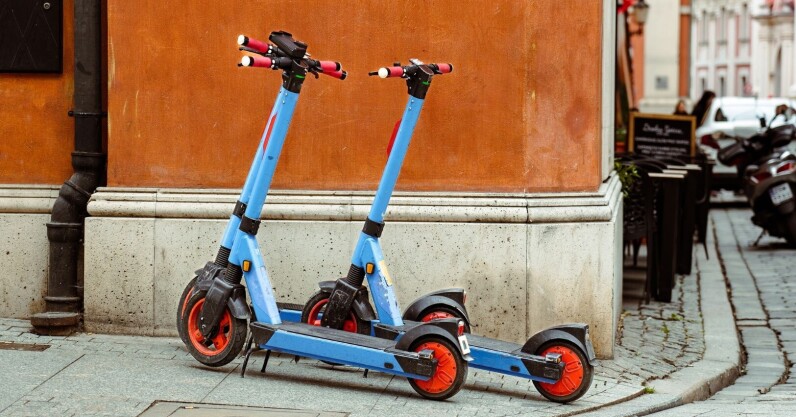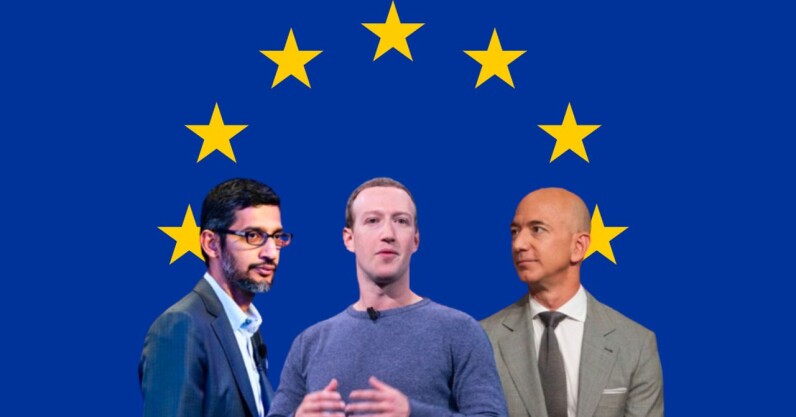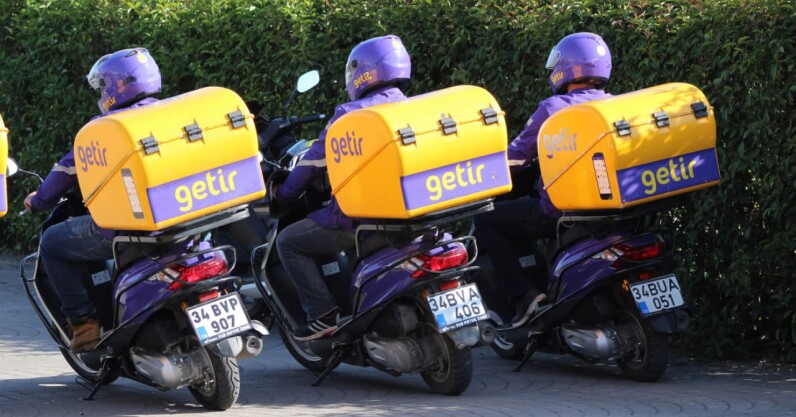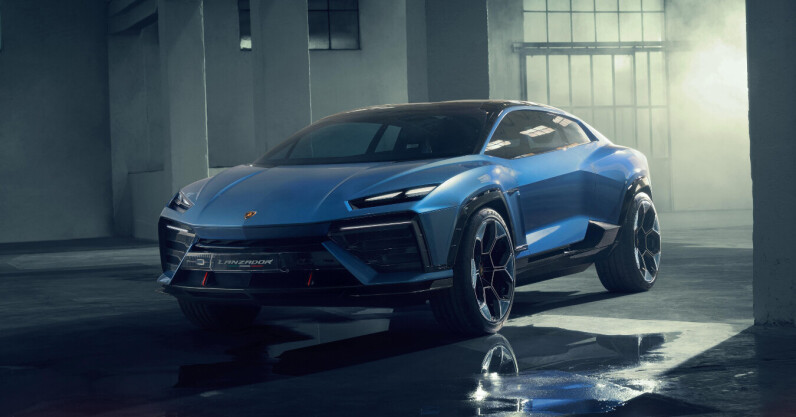Bankrupt ebike startup VanMoof finds buyer in F1’s McLaren Applied
VanMoofers, rejoice — the ebike gods have not abandoned you. Yesterday, McLaren Applied and its escooter department Lavoie announced they had agreed to purchase the bankrupt ebike startup.
The details of the deal have not been made public. However, the F1 engineering and technology company stated that it would invest in stabilising and expanding VanMoof’s existing business. This will be in the realm of “tens of millions” of pounds in the short term, according to McLaren Applied Chairman Nick Fry, quoted by Reuters.
“This is a huge opportunity for us as this [VanMoof] is a company with a brilliant product,” Fry said, adding that it would be “no walk in the park” due to the financial difficulties the startup had gotten itself into.
Perhaps the biggest shift to VanMoof’s operating model will be the abandonment of its in-house-only store and repair model. Instead, the bikes will be available to purchase and, importantly, serviced, at third party retailers. The brand, Fry assured, will remain the same, capitalising on the loyal following the record-funded startup amassed during its first years of operations.
In a statement issued on Thursday, the buyers said they would “combine and integrate” the companies’ premium capabilities to create a “next-generation e-mobility business and establish a world-leading premium e-mobility offering.”
Building an e-mobility legacy on F1 experience
McLaren Applied used to be the tech division of the McLaren Group, best known for its luxury supercars and elite motorsport vehicles. Itself acquired in 2021 by British private capital firm Greybull, the company continues to supply advanced engineering and technology solutions to high-level motorsport such as Formula One, and a range of other transport modalities.
Lavoie was founded by McLaren Applied and announced its first electric scooter last year. It comes in two models — the Series 1 and the Series 1 Max, with price tags of €1,990 and €2,290, respectively. Its customised motor can deliver a peak output of 900W, reaching top speeds of over 40kph, and its Samsung 21700 battery over 40km of range for the standard model, or 60km for the Max version.
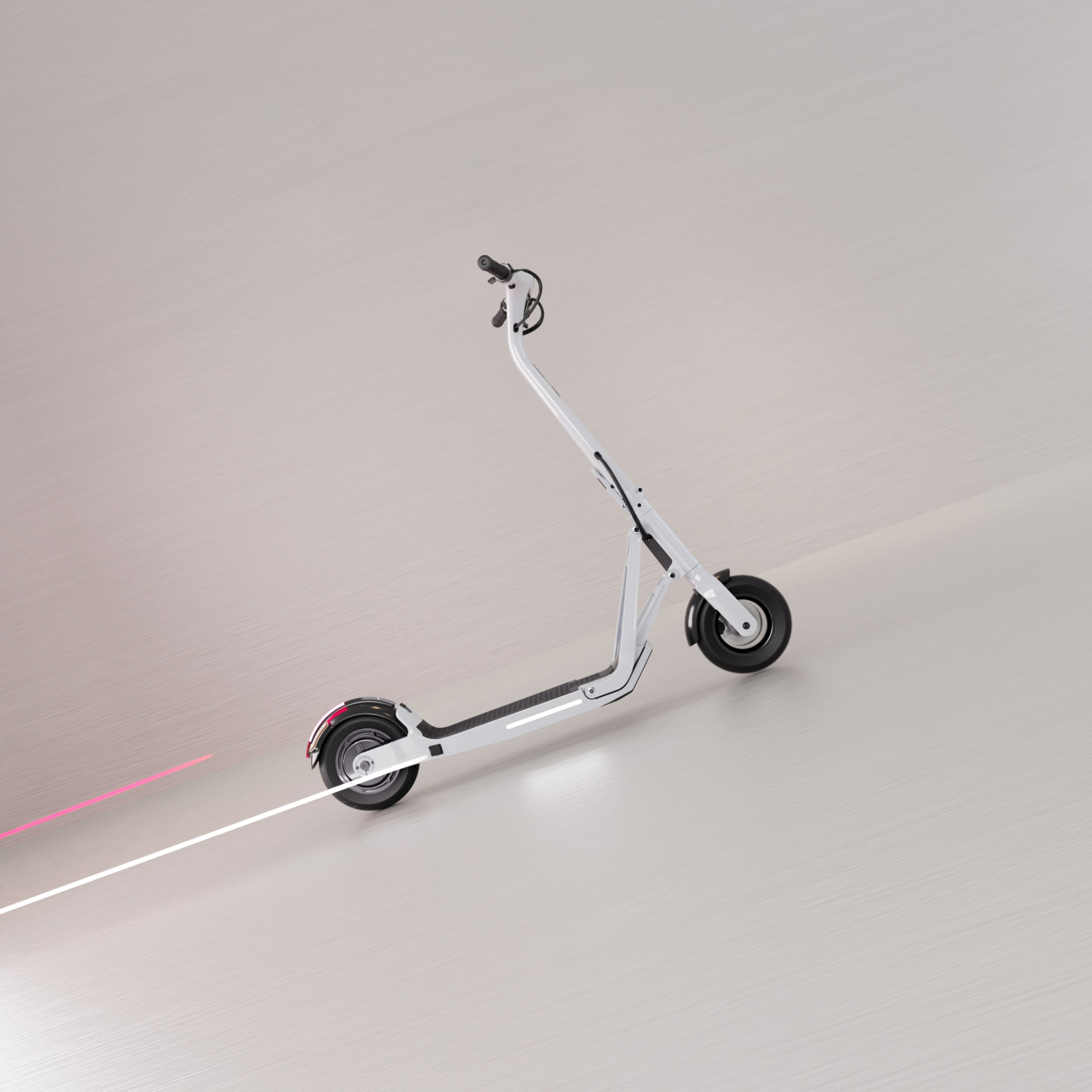
Furthermore, it has a patent-pending folding system inspired by motorsport car suspensions. It also comes in four different colours: sunset orange, silence white, electric blue, and racing green. Deliveries are set to begin in earnest in Q4 this year.
More details for VanMoof riders next week
The news surely lets VanMoof customers — some even yet to pick up the €2,000+ bikes they had bought and paid for — to breathe a sigh of relief.
Roughly 200,000 people feared their bikes would be rendered useless after the company was declared bankrupt on July 18 — especially the earlier models plagued by quality defects.
“Clearly I will not be able to get it serviced and I doubt the one year of remaining warranty on my battery is worth anything,” said one VanMoofer (that’s a word now, right?) at the time.
The VanMoof trustees said in a statement that more details regarding the continuation of services provided to riders would be made public on Monday, September 4.
TNW has previously covered the rise and fall of VanMoof and what it means for the e-mobility startup sector as a whole. You can read more about the whole saga and industry reactions to the consequences here.
Bankrupt ebike startup VanMoof finds buyer in F1’s McLaren Applied Read More »
